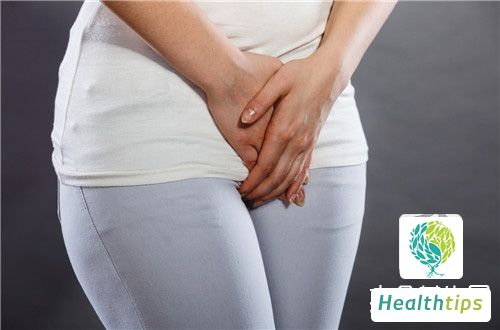Women with insufficient vaginal moisture are not recommended to take oral medication for treatment, as oral medication can easily irritate the gastrointestinal tract, and only a small amount of the medication can reach the affected area, failing to achieve good therapeutic effects. Therefore, it is recommended to use external medication, which can directly act on the affected area and effectively alleviate and treat the condition.

In addition, there are many reasons for women with insufficient vaginal moisture, and it is necessary to identify the cause before targeted treatment can be effective. It is recommended to seek medical attention promptly. Women with vaginal dryness are likely to have a certain decline in ovarian reserve function. Patients with ovarian reserve function decline may also experience symptoms of menopause syndrome in addition to vaginal dryness, such as menstrual disorders (including changes in menstrual cycle, duration, and volume), hot flashes, sweating, palpitations, hand and foot heat, emotional fluctuations, and insomnia.
For women with insufficient vaginal moisture, it is recommended to consult a gynecological clinic for treatment. If there is only vaginal dryness without other symptoms, it is likely due to low estrogen levels, and medication is not recommended. External medication can be used instead. Oral medication is not the best choice for this condition, as it passes through the gastrointestinal tract and can be irritating, and only a small amount of the medication reaches the damaged elastic fibers. External medication can be delivered directly to the vagina and act directly on the vaginal tissue.
For patients with severe vaginal dryness that affects sexual activity or even walking, it is recommended to use external medication and consult a gynecologist for treatment.

